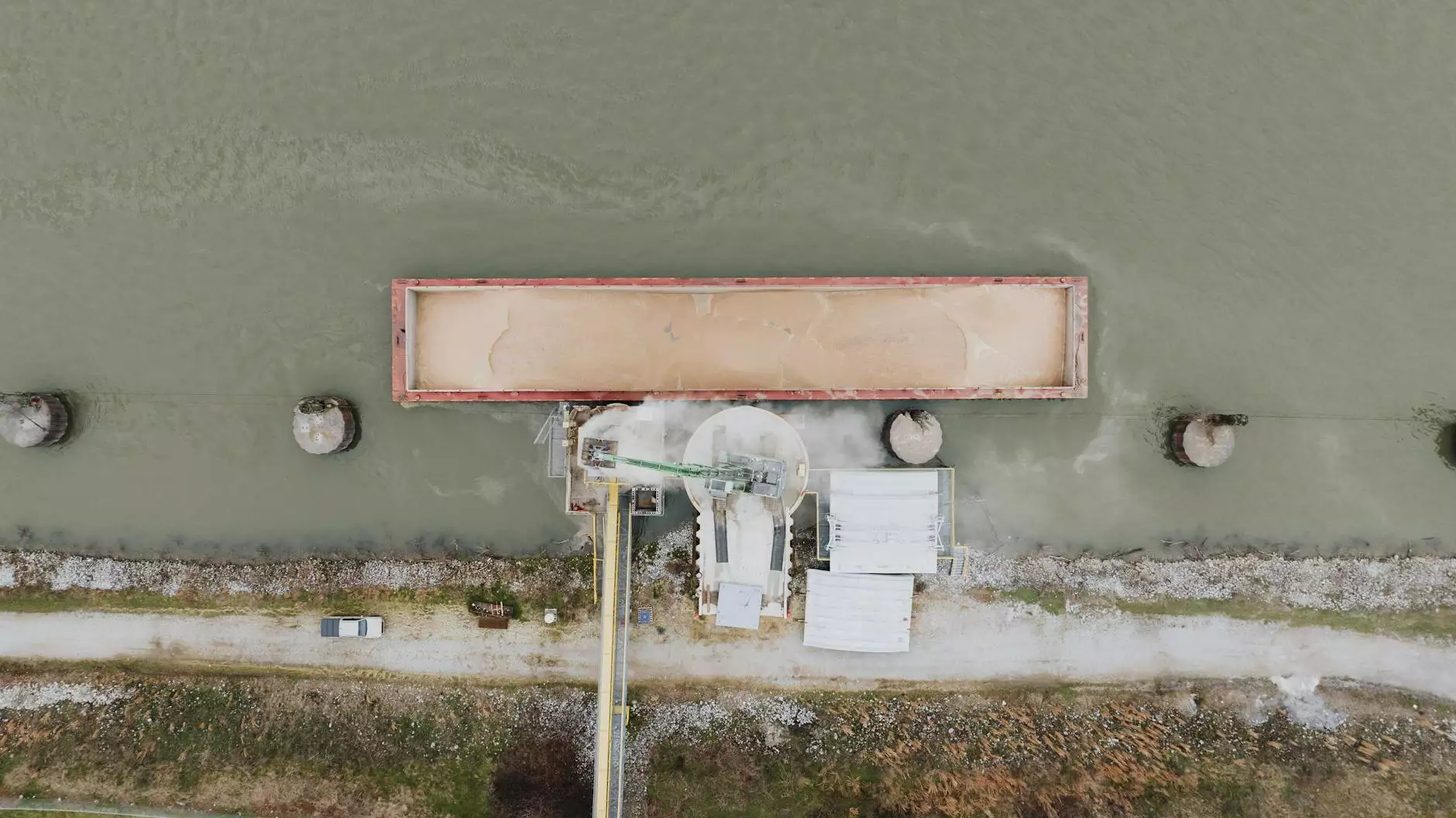Comprehensive Analysis of French Open Tennis Winners: A Deep Dive into the Champions’ Legacy

The French Open, also known as Roland Garros, stands as one of the most prestigious tennis tournaments globally, cementing its reputation through the legendary french open tennis winners who have etched their names into sporting history. This Grand Slam event, played on clay courts, demands a unique blend of skill, endurance, and strategic prowess, distinguishing its champions from those of other major tournaments.
The Significance of the French Open in Tennis History
The French Open is not only the premier clay-court tournament but also a stage where tennis legends are born and legends are cemented. Since its inception in 1891, the tournament has evolved, overcoming various challenges, yet maintaining its core prestige. The french open tennis winners have showcased extraordinary talent, perseverance, and mental toughness, attributes that define the essence of excellence in tennis.
Historical Overview of French Open Tennis Winners
Early Champions and Pioneers
The tournament's early history featured noble pioneers who set the foundation for future generations. The first champions, such as H. Briggs (1891) on the men's side and Marguerite Broquedis (1914) on women's, established the dominance of skill on clay. These pioneers laid the groundwork for the iconic champions who would follow and brought global attention to this grueling yet rewarding tournament.
Golden Eras and Dominant Players
Several eras have been defined by exceptional players whose names are synonymous with french open tennis winners. Notably:
- Rafael Nadal: Known as the "King of Clay," Nadal's record-breaking 14 titles (as of 2023) security his legacy as the most successful male champion in history.
- Chris Evert: Her dominance in the 1970s, with 7 titles, exemplified consistency and resilience on clay.
- Serena Williams: Her 3 women's singles titles reflect her unparalleled power game, effective even on the challenging clay surface.
- Novak Djokovic: The Serbian maestro's remarkable performances and 3 titles demonstrate strategic mastery and mental toughness.
Profiling Iconic French Open Tennis Winners
Rafael Nadal: The Clay Court Maestro
Rafael Nadal's journey to becoming the most successful french open tennis winner is a story of relentless determination and exceptional talent. His aggressive topspin-heavy style, combined with unparalleled footwork and court coverage, has made him virtually unbeatable on the clay. Nadal's 14 titles (through 2023) showcase his dominance, endurance, and mental resilience, making him a legendary figure in tennis history.
Serena Williams: Power and Precision
Though predominantly celebrated for her achievements on grass and hard courts, Serena Williams' victories at Roland Garros highlight her versatility and fighting spirit. Her three singles titles (2002, 2013, and 2015) underscore her ability to excel against the demanding backdrop of clay, overcoming physical challenges with sheer power and tactical intelligence.
Novak Djokovic: The Consummate Strategist
Djokovic’s emergence as a top french open tennis winner is anchored in his exceptional defensive skills, incredible flexibility, and mental stamina. His strategic approach and adaptability have led him to claim three titles, with memorable finals showcasing his capacity to outthink and outlast even the most formidable opponents on the demanding clay surfaces.
Key Attributes of Successful French Open Tennis Winners
Winning at Roland Garros requires a specific set of qualities that distinguish champions from mere contenders. These attributes include:
- Exceptional Physical Endurance: The physically demanding clay courts test stamina more than any surface, demanding players to maintain high energy levels across extended rallies and long matches.
- Strategic Play and Court Craftiness: The slow surface favors opponents who can construct points meticulously, using spins, angles, and clever shot placement.
- Mental Toughness: The psychological resilience to withstand intense pressure, especially during tight sets or crucial moments, is vital.
- Versatility and Adaptability: The ability to adjust tactics mid-match based on court conditions and opponent's style is a hallmark of french open tennis winners.
The Evolution of the Tournament and Its Impact on Champions
Over the decades, the french open tennis winners have adapted to technological advancements in racquet design, evolving training methodologies, and sports science insights. This progression has led to greater athleticism, refined techniques, and a more competitive field. For example, modern champions possess not only exceptional skill but also superior physical conditioning, further elevating the level of competition.
Notable Records and Milestones in French Open History
Some of the most remarkable achievements associated with french open tennis winners include:
- Rafael Nadal's 14 titles: An unprecedented record that highlights his unparalleled mastery on clay.
- Chris Evert's 7 consecutive titles: A feat demonstrating consistency and dominance during her peak years.
- Margaret Court's total of 11 Grand Slam singles titles with multiple victories at Roland Garros, showcasing her versatility across surfaces.
The Rising Stars and Future of French Open Tennis Winners
While historic champions have left a lasting legacy, the future holds exciting prospects. Young talents like Carlos Alcaraz, Coco Gauff, and others are beginning to make their mark, heralding a new era of competition. Their ability to claim french open tennis winners titles will depend on their adaptability to the clay surface's unique demands and their mental resilience under pressure.
How to Achieve Success and Become a French Open Winner
For aspiring tennis players, understanding the pathway to becoming a french open tennis winner involves more than just talent. It requires disciplined training, tactical understanding of clay court play, mental conditioning, and strategic match preparation. Essential tips include:
- Focus on Physical Conditioning: Prioritize endurance, flexibility, and strength training tailored for clay court dynamics.
- Enhance Technical Skills: Develop topspin strokes, drop shots, and defensive lobs suited for clay play.
- Study Opponents and Match Strategies: Analyze previous matches to identify weaknesses and adjust tactics.
- Mental Toughness: Practice mindfulness and mental resilience exercises to withstand pressure during crucial moments.
- Consistent Match Experience: Gain exposure through clay tournaments to adapt to surface-specific challenges.
The Impact of Modern Training and Technology on French Open Success
Modern technology—such as advanced racquet analytics, motion capture, and sports science—has revolutionized how players train for the French Open. Data-driven analysis helps players optimize their technique, improve court movement, and prevent injuries. These innovations play a significant role in boosting prospects for french open tennis winners in the contemporary era.
Conclusion: The Enduring Legacy of French Open Tennis Winners
The french open tennis winners epitomize the spirit of resilience, excellence, and strategic brilliance. From historic legends like Rafael Nadal and Chris Evert to emerging talents on the horizon, every champion has contributed to the rich tapestry that makes Roland Garros a symbol of ultimate tennis achievement. Their stories inspire future generations to strive for greatness on the challenging clay courts.
In celebrating these remarkable athletes, we recognize that winning at the French Open is more than just lifting a trophy — it is about embodying perseverance, mastery, and the relentless pursuit of excellence. The legacy of these champions ensures that the tournament remains a beacon of sporting greatness for decades to come.
© 2023 AllSportLife.com. All rights reserved.



